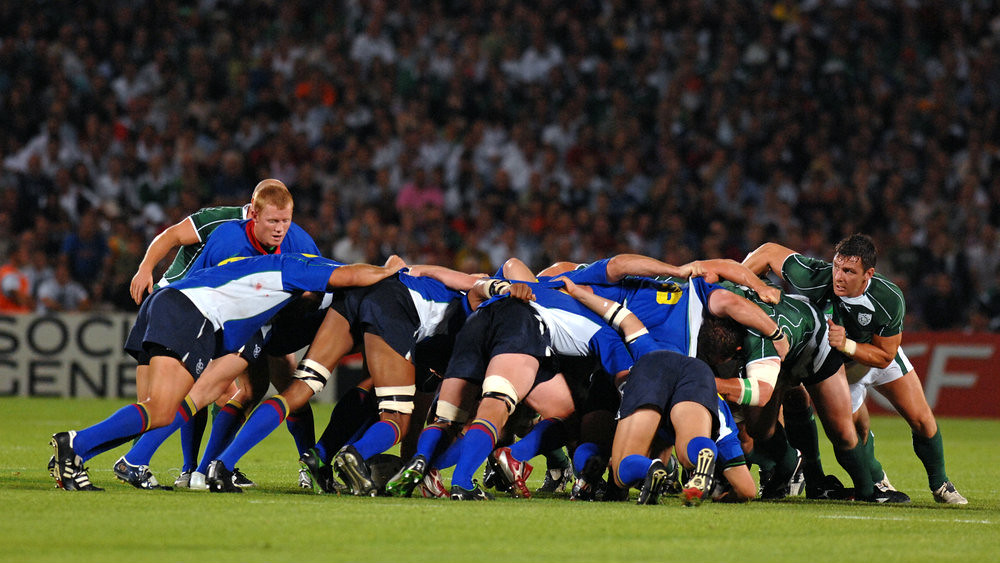The paper, published in the journal Sport Education & Society, challenges the conventional wisdom of 24/7 surveillance technologies widely used to improve team efficiency and performance.
It also suggests that the extent to which players become risk averse in order to follow strict coaching instructions could threaten to fundamentally undermine aspects of the game. It argues that such processes of individualisation can dampen team morale and, for fans, could create less interesting matches with teams opting to 'play it safe'.
Technologies including Global Position System (GPS), laptops, stadium/pitch-side camcorders, heart rate monitors, iPhones/iPads, central servers and instant digital feedback are examples of a myriad of enforced technical-administrative routines implemented to monitor and evaluate player performance and lifestyle on and off the field.
Such approaches have become common in rugby union since the game turned professional in 1995. In line with technological advances, such techniques have come to be increasingly relied on as the gold standard for elite coaching.
During a typical day, players might expect to fill in a multitude of real-time surveys, to provide information on their sleeping patterns and mood, whilst a stream of performance indicators, training reports and playing reports are linked to hours of video footage in order to zoom in on the slightest deficiency perceived to be thwarting performance gains.
Yet, according to the report authors, such strict data-led regimes undermine trust and stifle creativity, shackling a player's natural empathy with the game. Furthermore, such data management was extremely coercive, with players quickly adopting the correct set of 'professional rituals', against which there was a lack of resistance.
Lead author, Dr Shaun Williams explains: "The institutional mechanisms at play were reflective of a 'machine mentality' and appeared to circumvent more organic learning processes. These data-driven coaching techniques are not reflective of the unpredictability of rugby union. It is vital that those who oversee performance in elite sport consider the consequences on players of such intense surveillance."
The paper, based on the findings of an in-depth study at a professional rugby club, highlight that surveillance trends were found to dampen players' natural enthusiasm for the game and, in time, could contribute detrimentally to their health and well-being. Whilst the authors acknowledge a role for analysis in sport, they make recommendations for a more holistic approach to coaching that would better serve player performance and development.
Dr Andrew Manley, co-author for the study, adds: "By placing emphasis upon the use of surveillance technologies to measure and manage player performance, a greater sense of control can now be enacted by the coaches. However, these particular technologies have now started to intrude upon the private lives of the players, an approach to management that makes it very difficult for the athletes to escape the institutional pressures of elite professional rugby."
The research, Elite coaching and the technocratic engineer: Thanking the boys at Microsoft, was compiled further to a detailed study at an elite men's rugby club during which in-depth interviews were carried out with rugby union players.
To access the study see http://www.tandfonline.com/doi/abs/10.1080/13573322.2014.958816 .

